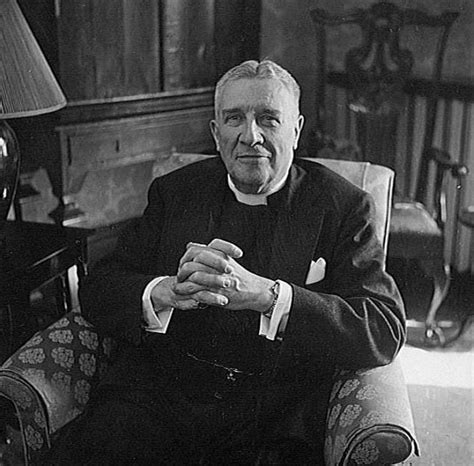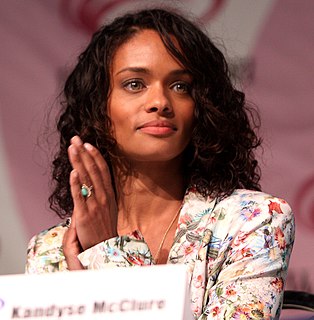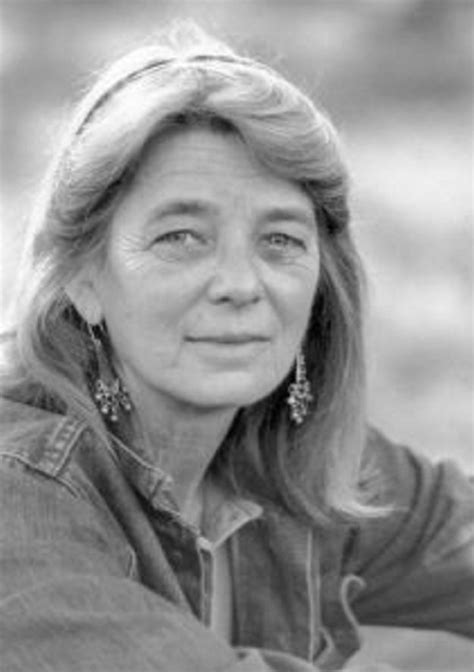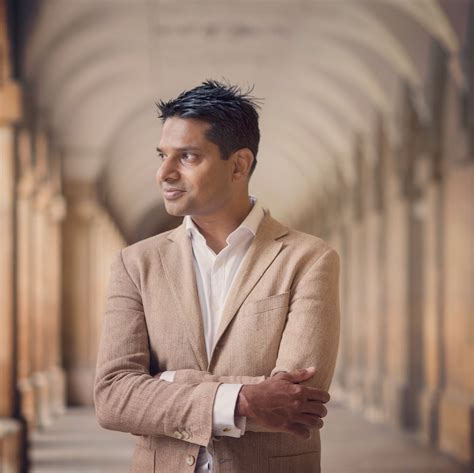A Quote by Marianne Williamson
The world in which we live today-reflecting in so many way the opposite of our sweetness and love-reminds us how desperately important it is to break the spell that's been cast on the human race and retrieve our shining self.
Related Quotes
Let us face at the outset how many Christians are not victorious, but defeated. Defeated by circumstances, defeated by other peoples? natures and wrong-doings, defeated by the down-drag of the flesh, defeated by loss, by pain, by suffering, by worry. Instead of saying with confidence, ?This is the victory that overcometh the world, even our faith?, they have to say in honesty, ?This is the defeat that has been caused by the world, even our self-centeredness.? That is the opposite of faith. Unbelief is not the opposite of faith; self-centeredness is ? being centered in self rather than in God.
Most of us live our lives desperately trying to conceal the anguishing gap between our polished, aspirational, representational selves and our real, human, deeply flawed selves. Dunham lives hers in that gap, welcomes the rest of the world into it with boundless openheartedness, and writes about it with the kind of profound self-awareness and self-compassion that invite us to inhabit our own gaps and maybe even embrace them a little bit more, anguish over them a little bit less.
In the past, destruction of your neighbour might have been considered a victory, but today we are all interdependent. We live in a global economy; we face problems like climate change that affect us all. The 7 billion human beings alive today belong to one human family. In the context that others' interests are in our interest and our interest is in their interest, the use of force is self-destructive.
How you start is important, very important, but in the end it is how you finish that counts. It is easier to be a self-starter than a self-finisher. The victor in the race is not the one who dashes off swiftest but the one who leads at the finish. In the race for success, speed is less important than stamina. The sticker outlasts the sprinter in life's race. In America we breed many hares but not so many tortoises.
Many of us have a tendency to forget the Gracious Hand which has preserved our nation, enriched it, strengthened it. Many of us imagine in the foolishness of pride, that our manifold blessings are due not to God's goodness, but to our own wisdom and virtue. Too many of us have been so drunk with self-sufficiency as no longer to feel the need of prayer.
Love is the movement within life that carries us, that enables us, that causes us to break out of what Alan Watts calls the “skin-encapsulated ego.” Without love, we are self-centered, but love enables us to move the center of our lives outside our ego. Therefore it expands our lives and, needless to say, enriches it. Any human being would give anything to love or be loved. When it really happens, it is like heaven on earth.
Self-deception is a defining part of our human nature. By recognizing its various forms in ourselves and reflecting upon them, we may be able to disarm them and even, in some cases, to employ and enjoy them. This self-knowledge opens up a whole new world before us, rich in beauty and subtlety, and frees us not only to take the best out of it, but also to give it back the best of ourselves, and, in so doing, to fulfil our potential as human beings. I don't really think it's a choice.
Hopelessness may be the saddest word in our language. Despair is the enemy of our souls. It can paralyze us, halt our progress, and cause us to lose our way. But hope awakens us like a light shining in the darkness. We can endure all things when our hope is centered in one who will never fail us-our Savior, Jesus Christ, who is the light of the world.
We all faced painful ethical challenges before we even knew how to spell our names. There were tough choices. Tradeoffs. Confusing signals regarding how to live one's life. And here we are now, today, still struggling. Still trying to sort things out. Still trying to work our way through life effectively. About the only thing that has changed is the scope of the problem. There's more at stake now. And we're in a position, as grownups, to do a lot more-good or bad-for ourselves, our organization, our world. But we still must wrestle with our imperfect ethics.
The answer to our cry which God gave in Jesus infinitely transcends our expectations, achieving a solidarity which cannot be human alone, but divine. Only the God who is love, and the love which is God, could choose to save us in this way, which is certainly the lengthiest way, yet the way which respects the truth about him and about us: the way of reconciliation, dialogue and cooperation.


































